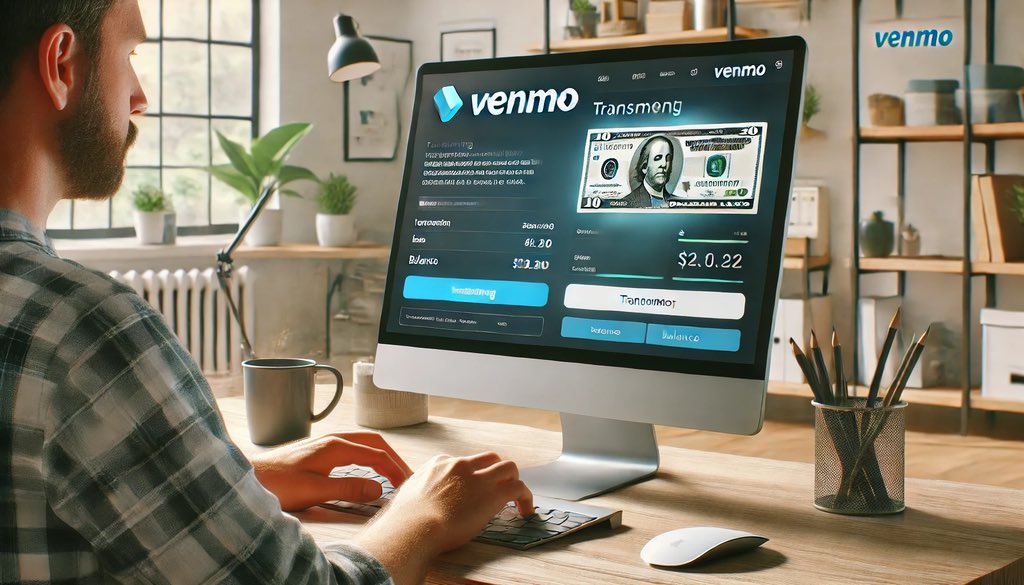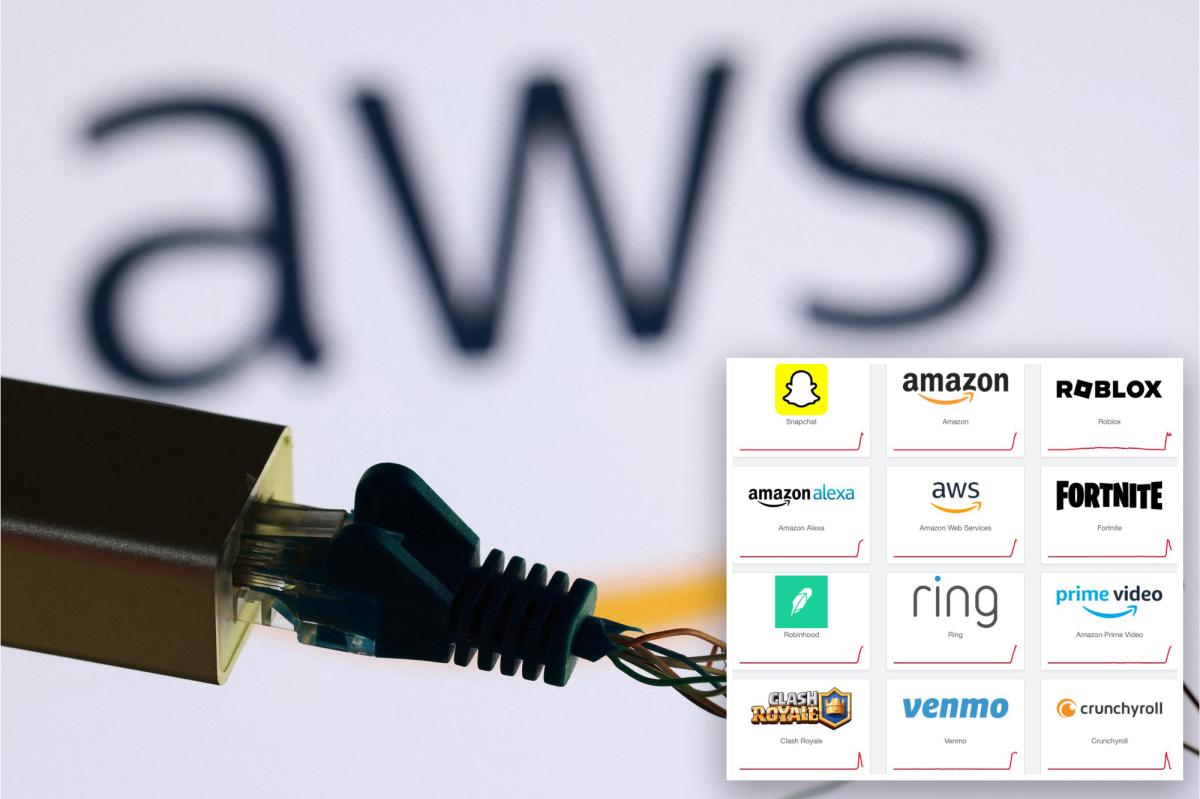The Consumer Financial Protection Bureau (CFPB) has finalized a rule to oversee the largest companies offering digital payment apps, those processing more than 50 million transactions annually.
“Digital payments have gone from novelty to necessity and our oversight must reflect this reality,” said CFPB Director Rohit Chopra. “The rule will help to protect consumer privacy, guard against fraud, and prevent illegal account closures.”
These apps, which handle over 13 billion transactions each year, will now face supervision similar to banks and credit unions to ensure compliance with federal laws.
CFPB Director Rohit Chopra said the rule aims to protect consumer privacy, prevent fraud, and avoid sudden account disruptions. Digital payment apps have become essential for daily spending, especially among middle and lower-income users, processing over a trillion dollars in payments annually.
Key areas of focus for the CFPB include:
- Privacy: Ensuring consumers can opt-out of unnecessary data collection.
- Fraud: Protecting consumers from transaction errors and scams.
- Account Access: Preventing sudden account freezes or closures that harm users.
The rule raises the transaction threshold for oversight to 50 million per year and applies only to U.S. dollar transactions. It strengthens consumer protections and gives the CFPB tools to monitor risks and prevent harm in the rapidly growing digital payment market.
About digital payment apps
Digital payment apps have become a cornerstone of daily commerce, rivaling traditional payment methods like credit cards and debit cards for both online and in-store purchases. Some of these apps are owned by the world’s largest technology conglomerates.
These services have gained particularly strong adoption among middle and lower-income consumers, who now use payment apps for daily spending and funds transfers at rates that rival or exceed the use of cash.
Here are some popular digital payment apps widely used for peer-to-peer (P2P) transactions, online purchases, and in-store payments:
Peer-to-Peer Payment Apps
- Venmo (Owned by PayPal)
- Known for its social feed feature and easy P2P money transfers.
- Cash App (Owned by Block, Inc.)
- Popular for transferring money, buying Bitcoin, and direct deposit features.
- Zelle
- Offered by major U.S. banks, enabling quick transfers directly between bank accounts.
- PayPal
- A versatile platform for P2P transfers, online shopping, and international payments.
Wallet and Payment Apps
- Apple Pay
- Integrated with Apple devices for secure in-store, online, and app payments.
- Google Pay
- Works with Android devices for contactless payments, online shopping, and storing loyalty cards.
- Samsung Pay
- Supports mobile payments on Samsung devices with additional features like MST (Magnetic Secure Transmission).
Retail and Commerce Apps with Payment Features
- Amazon Pay
- Enables payments for purchases on Amazon and other partnered merchants.
- Shop Pay (Shopify)
- Simplifies checkout for online shopping and offers installment payments.
International and Specialized Apps
- WeChat Pay
- Popular in China, integrated into the WeChat app for messaging and payments.
- Alipay
- Another widely used app in China for payments, investments, and financial services.
- Revolut
- Offers money transfers, currency exchange, and financial services, popular in Europe.
Cryptocurrency Payment Apps
- Coinbase Wallet
- Enables cryptocurrency transactions and storage.
- Binance Pay
- Supports crypto payments for goods and services.
What began as a convenient alternative to cash has evolved into a critical financial tool, processing over a trillion dollars in payments between consumers and their friends, families, and businesses.
Some firms aren’t supervised
While banks and credit unions offering consumer payment services are subject to CFPB supervisory examinations, many of these very large technology firms handling billions of transactions are not.
The CFPB has tracked developments in this emerging market, including by monitoring consumer complaints and launching an inquiry into Big Tech and peer-to-peer platforms offering popular payment apps. The final rule will enable to the CFPB to supervise companies in key areas including:
- Privacy and Surveillance: Large technology companies are collecting vast quantities of data about an individual’s transactions. Federal law allows consumers to opt-out of certain data collection and sharing practices, and also prohibits misrepresentations about data protection practices.
- Errors and Fraud: Under longstanding federal law, consumers have the right to dispute transactions that are incorrect or fraudulent, and financial institutions must take steps to look into them. The CFPB is particularly concerned about how digital payment apps can be used to defraud older adults and active duty servicemembers. Some popular payment apps appear to design their systems to shift disputes to banks, credit unions, and credit card companies, rather than managing them on their own.
- Debanking: Given the volume of payments consumers make through many popular payment apps, consumers can face serious harms when they lose access to their app without notice or when their ability to make or receive payments is disrupted. Consumers have reported concerns to the CFPB about disruptions to their lives due to closures or freezes.
While the CFPB has always had enforcement authority over these companies, today’s rule gives the CFPB the authority to conduct proactive examinations to ensure companies are complying with the law in these and other areas. Supervision can prevent harm by detecting problems early.


